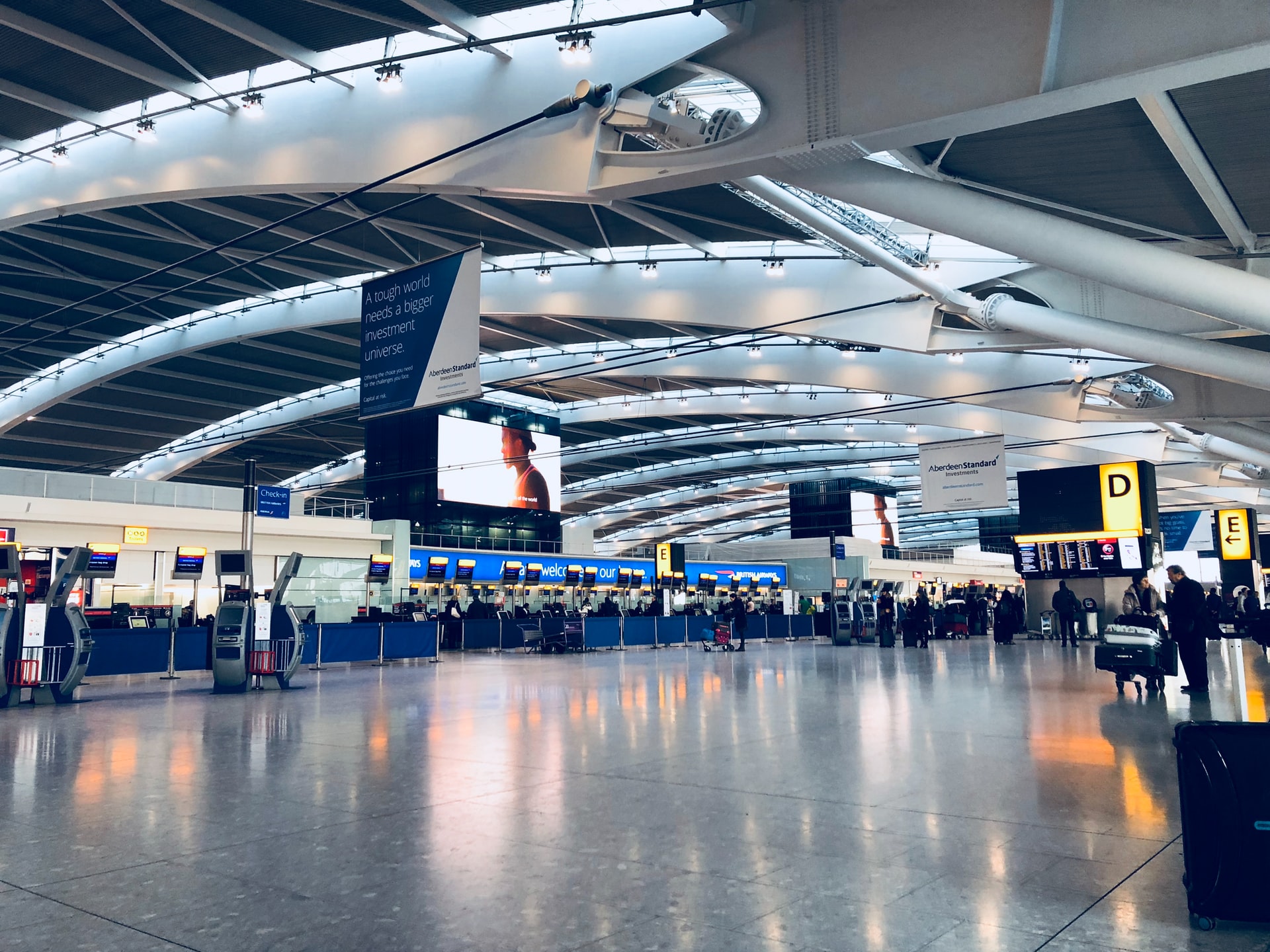Global mobility policies have been under the microscope for HR professionals in recent months, as they navigate the complexities of managing and supporting expatriated staff on assignment overseas, and while business activity has resumed as countries and businesses begin to ease imposed restrictions, there are still challenging times ahead.
There are two key factors relating to home leave and home commitments and the considerations that companies should keep in mind when managing employee mobility during this time of uncertainty.
Home leave – Delay, cash out or something else?
We recently published the results of a survey in which we asked participants about responses to the unfolding pandemic, and sentiment for the future. Over 370 companies took part, representing a variety of industry sectors and 38 different HQ countries.
The survey data shows that over 90% of organisations provide some form of assistance for long-term assignees to return home periodically throughout their international assignment. However, the current pandemic has restricted many employees from being able to return home.
So, what should companies do with respect to the home leave passage? Some companies have encashed it, accepting that the employee has not or may not be able to use it during the time in which the benefit is applicable. Others have simply allowed the employee to roll it over to the next year. Both options have their merits, but any decision should account for the impact these choices may have on the taxable nature of this benefit.
As most companies tax equalise long-term assignees, converting home leave to a cash value is likely to make this benefit subject to income taxes in the host location and the company will therefore need to decide if the company or the employee is responsible for meeting the tax due on this cash value. Similarly, many jurisdictions impose a limit on the number of home leave passages per year that can be provided tax-free, so deferring home leave entitlement to the next tax year may make this a taxable benefit.
Alternatively, as countries start to agree international ‘bubbles’ or ‘travel corridors’, companies may decide to permit assignees to use their home leave passage to an alternative location, if still unable to return home. This method recalls the principle behind ‘rest and recuperation’ trips in an era where travelling back to one’s home country was not as easy as it has been in recent years. Again however, as we’ve seen with the UK, companies should be prepared for these ‘travel corridors’ to be altered at any time and with immediate effect.
Home commitments
A large number of long-term assignees maintain financial commitments in their home locations, particularly housing commitments such as a mortgage on a home property. How companies approach home country commitments as part of a compensation and benefits package will vary.
Some companies will exclude home country housing costs from the assignment salary and if the employee chooses to retain their home country property, they will need to meet related costs themselves and often choose to lease out accommodation to do so. However, the Covid-19 pandemic has had an impact on many people’s abilities to meet rental payments, and while some countries may have facilitated mortgage holidays, many assignees could be faced with tenants who are no longer able to afford the rent. Others may not be able to lease out their property at all. Mobility managers need to be aware of how their policies could be applied to assist their assignees in such situations.
What’s to come?
Assignee support is crucial. The tentative process of resuming the global mobility of employees is undoubtably going to take time, and requires caution and substantial attention to detail, beyond what was necessary last year. We’re stepping into a changed world, so it is important to bear in mind that challenges associated with managing expatriate staff are to be expected. During this time, and for many months to come, support from HR and Global Mobility teams will be crucial.









